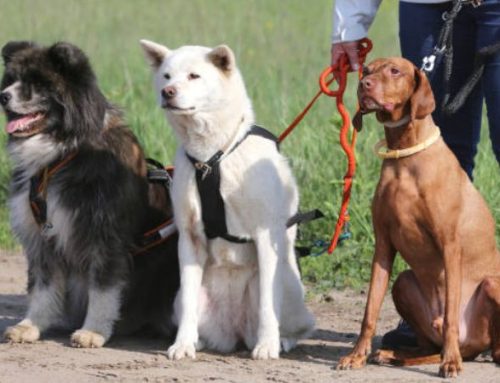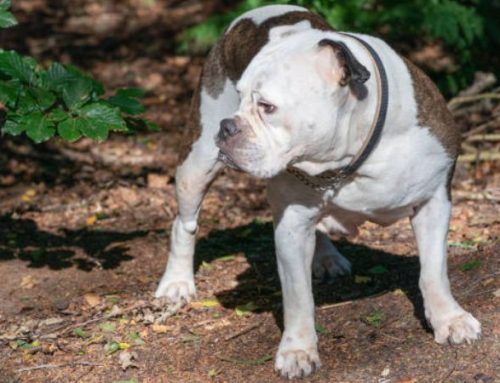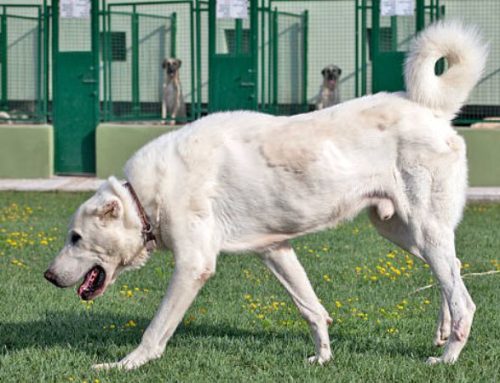A puppy’s first few weeks are full of exciting milestones that mark their growth and development. From the moment they open their eyes to their first unsteady steps and the day they begin to hear, each stage reveals a new part of their emerging world. In this guide, Nexus-pets walks you through these important early moments to help you understand what to expect as your puppy grows.
Puppy Eyes Opening
Puppies typically begin to open their eyes between 5 and 14 days after birth. This delay is due to important biological factors—newborn puppies’ eyes are still developing, and their optical nerves remain highly sensitive to light. Keeping their eyelids closed during this early stage protects their fragile eyes from damage caused by bright light and environmental irritants.

When puppies first open their eyes, their vision is blurry and unfocused. They are primarily able to detect light, shadows, and movement rather than clear details. Over the following weeks, their eyesight gradually improves as their visual system matures. Full, clear vision usually develops anywhere from 3 to 8 weeks of age.
To support healthy visual development during this sensitive period, it’s important to keep puppies in a dimly lit environment and avoid exposing them to bright or harsh light. Regularly monitor their eyes for any signs of irritation, swelling, or discharge, and consult a veterinarian if any abnormalities occur.
Puppy Hearing Development
Puppies begin to open their ear canals and develop the ability to hear between 2 and 3 weeks of age. Before this, although their hearing is not fully functional, puppies can sense vibrations and respond to tactile stimuli, which helps them navigate their environment in the earliest days of life.
As their auditory system matures, puppies rapidly improve their hearing ability. Dogs naturally hear a much broader range of frequencies than humans—approximately four times better—and are highly sensitive to sounds and motions in their surroundings. This advanced hearing helps puppies become more aware of their environment and plays a crucial role in their early socialization.
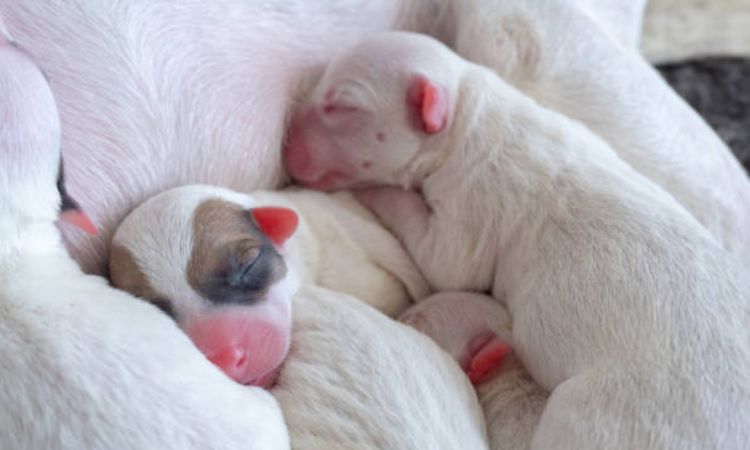
The development of hearing coincides with important behavioral milestones. As puppies begin to hear, they start responding to sounds around them, facilitating interaction with their littermates, mother, and humans. Proper exposure to varied sounds during this critical period helps foster confidence and adaptability, essential for healthy social development.
Puppy Motor Skills Development: Walking and Movement
Puppies begin their journey of physical development shortly after birth, with early movement marked by crawling. This crawling phase typically starts between 7 and 14 days of age, during which puppies use their front and hind legs to drag themselves around, gradually building muscle strength and coordination.
By about 16 days old, many puppies take their first wobbly steps as they transition from crawling to walking. Although their gait is initially unsteady, this marks a significant step toward independence and exploring their environment.
Around the third week, puppies’ walking improves noticeably as they develop a relatively normal gait. Their balance and coordination become more refined, allowing them to move with greater confidence and control.
In addition to walking, other motor milestones emerge between 3 and 4 weeks of age. Puppies begin standing independently, wagging their tails, and vocalizing through barking and growling. Play behaviors also start to appear, helping puppies develop social skills and physical strength essential for their overall growth.
Additional Related Development
From the moment they are born, puppies possess a remarkably strong sense of smell, which plays a vital role in their early survival. This keen olfactory ability helps newborns locate their mother and find the source of nourishment, guiding them to her teats for feeding. Unlike their vision and hearing, which develop over the first few weeks, a puppy’s sense of smell is highly functional at birth and remains one of their primary ways to navigate their immediate environment.
Starting between 2 to 4 weeks of age, puppies begin developing their baby teeth, also known as “milk teeth.” This teething phase is crucial as it enables puppies to gradually transition from exclusive nursing to beginning to chew solid food. The eruption of these sharp teeth supports the introduction of soft puppy food and marks the start of more independent feeding behaviors. It is also during this time that puppies may start to nip or chew on objects as part of exploring their world and soothing their gums.
Another key aspect of early puppy development is the socialization period, which generally occurs between 4 and 12 weeks of age. During this critical window, interaction with littermates and humans is essential for shaping a puppy’s future behavior and temperament. Play and communication with siblings teach important social skills such as bite inhibition, body language, and establishing social hierarchies. Simultaneously, gentle and positive exposure to various people helps puppies become comfortable with humans, reducing the risk of fear and aggression later in life. Proper socialization during this period lays the groundwork for a well-adjusted, confident adult dog.
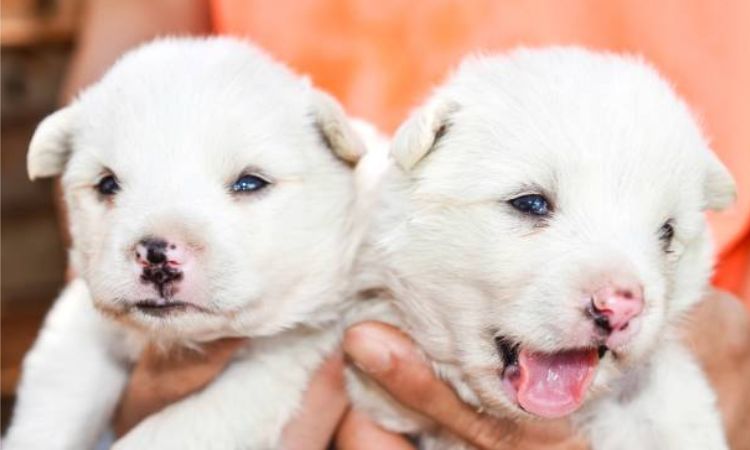
Caring for Puppies During These Milestones
- Provide a safe, quiet, and dim environment: In the early weeks, keep your puppy’s space calm and secure with soft lighting. Their eyes are very sensitive when they first open, and their hearing is still developing, so avoiding bright lights and loud noises helps them feel comfortable and supported.
- Monitor health indicators closely: Watch for any signs like excessive eye discharge or redness. Check how your puppy responds to sounds to ensure their hearing is progressing well. Also, observe their walking — unsteady or shaky movements could indicate motor skill issues.
- Seek veterinary advice if concerned: If you notice any delays or unusual signs in your puppy’s vision, hearing, or movement, don’t hesitate to consult your vet. Early intervention can make a big difference in their healthy development.
Bringing a new puppy into your home is an exciting journey, and understanding these key developmental milestones can make it even more rewarding. By knowing what to expect in those first few weeks—from the moment their eyes and ears open to their first wobbly steps—you can provide the best possible care and support.


